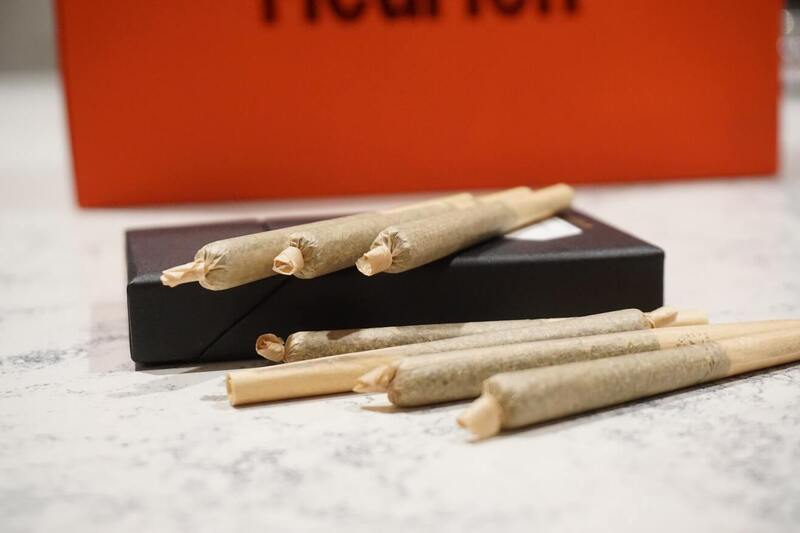Building a brand is about strategy. With a dazzling array of SKUs available, knowing where to direct one’s focus is crucial. Offering a pre-roll line is fairly inexpensive and a convenient form of consumption for users.
Dope Automation Chief Operations Officer Jessica Jaeger offered a key consideration for moving into pre-rolls.
“The question that should always be asked first is what the expected consumer experience will look like for your brand,” said Jaeger. “This single question is the driver to achieving a strong, efficient, and optimized pre-roll manufacturing program.”
Once the operator has a vision in mind for the customer journey, it’s time to consider the other factors for pre-roll success.
Cone Size
Pre-rolls are usually available in sizes ranging from a half gram to a full gram. “The paper size is the most critical as this will determine the pre-roll appearance,” Jaeger said. Will this be a luxury item; are you selling in a pack; what size cone will be used? The answers to these questions will dictate the cost of production and the cost to the consumer.
Paper Type
There are two different types of pre-rolls: cones or tubes. Cones are larger at the top and taper down to the filter. Tubes are cigarette-shaped with a consistent width from top to bottom. Cones tend to be easier to load with most manufacturing equipment.
There are several types of paper available. Each will have a unique appearance impacting brand design. Paper options include: hemp, flax, rice, refined white, unrefined brown, cotton cellulose, or palm leaf. Each type of paper burns at a different speed and has its own flavor profile.
Equipment
An equipment provider can offer guidance and help choose the right machines for your brand.
“The most important answer that any company should be looking for when vetting an equipment supplier is ‘What kind of after-sale support will this equipment supplier provide?’” said Jaeger.
Successful supply partnerships start with a staff that understands market restrictions and compliance regulations. A knowledgeable staff, Jaeger said, “allows for educated purchasing and supports building a foundation designed for future expansion.”
Grinding Machines
Material must be milled into a consistent particle size. An operator may choose a low-, mid-, or high-volume mill. Low volume milling could be as basic as using a food processor. High-volume milling may require industrial solutions. Industrial machines also tend to offer more consistent particle size.
Cone-Filling Machines
Cone-filling machines range in price, quality, level of automation, and scalability. Many use vibration to sift the ground material into openings that feed into pre-roll tubes or cones. These “benchtop” machines are sufficient to enter the pre-roll market. They also give most programs “the ability to establish and grow the segment before moving into the larger capital expenditures of operating with complete automation,” Jaeger said.
Packaging
Packaging is an important brand decision with options ranging from bags to tubes. Regulations typically require containers to be child-resistant. Tubes are customizable and available in many colors and transparencies. Cost and scalability should be considered.
Final Considerations
This article offers a brief summary — an equipment provider could offer more depth. “The right partner will not simply look to sell you a piece of machinery. The right partner will look to help build the success of your brand,” Jaeger said.






